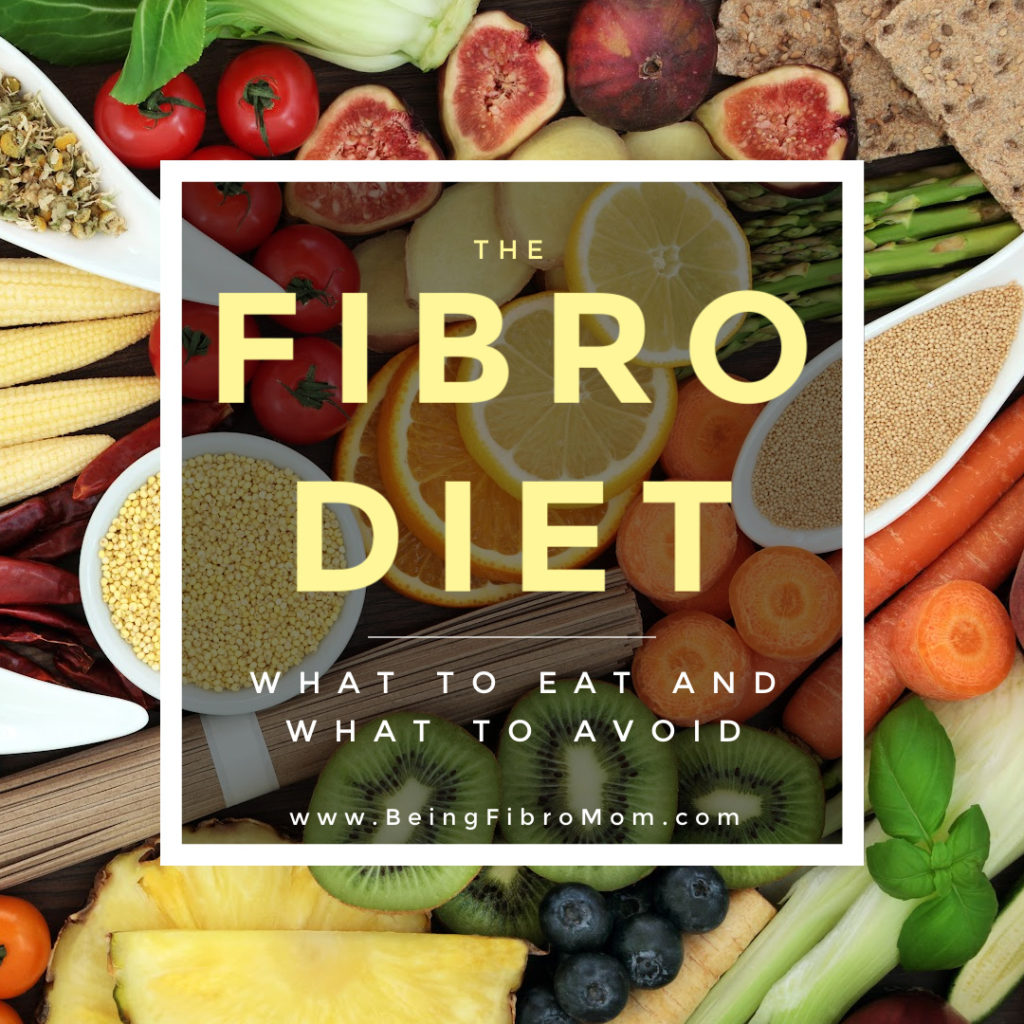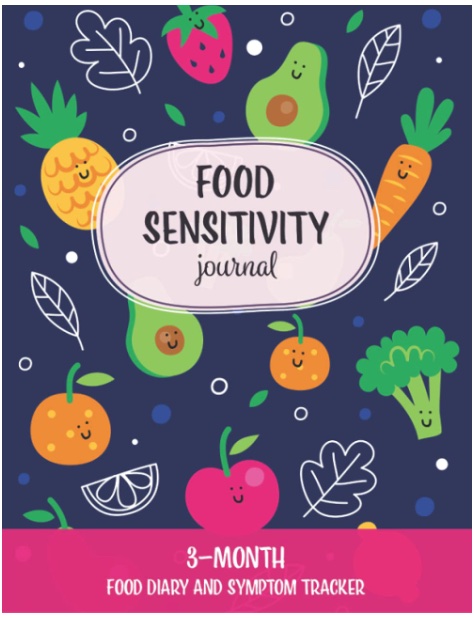Roughly 70% of our immune system lives in our digestive tract. This is why many experts believe in the brain-gut connection and firmly believe that what we eat affects how we think, feel, and act. For those living with fibromyalgia, it’s important to know and understand that what we put into our bodies directly affects fibromyalgia symptoms. This is where the elimination diet steps in and helps determine which foods have a direct impact on our feelings.
In this article about fibromyalgia and the elimination diet, we will discuss the importance of gut health and how an elimination diet can help restore gut health and decrease symptoms.
What is an Elimination Diet?
An elimination diet involves cutting out all potentially harmful foods from your diet for a short amount of time (usually six weeks) and then reintroducing them one at a time. This helps reveal which foods are culprits in your digestive issues and which are okay to continue eating. It’s not an exact science, but it can be eye-opening to how foods affect your aches, pains, and other symptoms.
The elimination diet was the first thing I did to get back on track with a healthy gut and lower my body pains. The reason I did this was to avoid a total retaliation by my body (added discomfort, headaches, fibro fog, etc). I knew eliminating foods I’m used to would be a great way to figure out which foods are causing issues and fibromyalgia flares. (If you are traveling soon and are thinking about putting off the elimination diet because of it, read this article for tips on Traveling on an Elimination Diet by Dr. Kara Fitzgerald.)
What are the benefits?
Before jumping into foods to eliminate, let’s discuss the benefits.
- Reveals food allergies
- Helps reduce IBS symptoms
- Helps heal leaky gut syndrome
- Provides relief for skin irritation
- Relieves migraines and headaches
- Decrease adrenal fatigue
- Improves fibro fog/difficulty thinking

How to Do an Elimination Diet
I’m not going to lie – an elimination diet takes time, commitment, and patience. It’s going to suck, and you’re going to hate it, but I promise you one thing – it will be worth it. Once you start improving symptoms and feel better, you will understand the importance of sticking to it.
The steps for an elimination diet:
- Remove all the following foods from your current diet for six weeks. (Some experts say three weeks is enough time, but I recommend six weeks to allow all traces to be entirely removed from your body.)
- Keep a food journal to track your moods, pains, and other symptoms. The article has more about this.
- After six weeks (or however many weeks you decide), begin to reintroduce one food group at a time for one week. Record your symptoms and notice any changes.
- Continue to reintroduce food groups one at a time per week and track any noticeable changes in moods, pains, or symptoms.
- Review your food journal, determine which foods are harmful to your body, and consider permanently removing them from your diet.
Foods to Avoid
- Gluten
- Dairy
- Soy
- Corn
- Caffeine
- Peanuts
- Citrus fruits
- Added sugars
- Bad oils such as hydrogenated oils (sunflower, canola, vegetable, etc.)

The Fibro Diet
According to research and other studies, some foods will relieve fibromyalgia symptoms, and other foods will worsen symptoms. It can be overwhelming to track which ones are to be avoided, which can be okay to consume in small amounts, and which should be avoided altogether.
Foods to Eat During an Elimination Diet
If you remove all of those foods, you may ask yourself, “What is left to eat?” There are plenty of options, and those options are going to be good for you!
- ‘Clean’ proteins: cage-free eggs, organic, grass-fed beef, wild-caught fish
- Vegetables (pay attention to greens such as kale, broccoli, and spinach)
- Fruits
- Nuts and seeds: cashews, hazelnuts, almonds, pecans, sesame seeds, pumpkin seeds
- Healthy fats: avocado, coconut milk, cooking oils such as grapeseed, olive (extra virgin)
- Gluten-free grains: gluten-free, organic quinoa, oats, rice
- Fermented foods: kraut and kimchi
Rule of thumb for your plate:
- 40% vegetables
- 30% protein
- 20% healthy fats
- 10% whole-food carbs and fruit
Keeping a Food Journal
During the elimination diet, track your food with a simple food diary. I write down everything I eat and drink, as well as any associated pains, such as stomach issues or headaches. This allows me to make any connections to the foods I’m eating.
Apps to track foods:
- Chronometer
- Fooducate
- My Fitness Pal
- Lose It




Hi Brandi, thanks for this great information on the elimination diet. I have always had so many problems with reactions to foods and did this diet 20 years ago through the RPA Hospital in Sydney where they still run their Allergy Clinic. I was diagnosed then with wheat and dairy sensitivities. Even though I stuck to this diet I went on to develop autoimmune diseases and also Fibromyalgia. The interesting thing though is that my allergies have developed further. I did the elimination diet again recently, due to extreme stomach issues that landed me in hospital 3 times. The dietician discovered 3 full blown allergies including salicylates which I did not have before and said that this could happen. The immunologist confirmed that new allergies and intolerances can develop at any time.
That’s astonishing! The elimination diet is helpful, and I’ve discovered some intolerances as well. It seems as though my stomach is getting worse; however, I’m trying the suggestions from Amy Myers, MD in her Autoimmune Cookbook. It outlines how to reverse autoimmune disorders, and so far it’s helping my stomach.